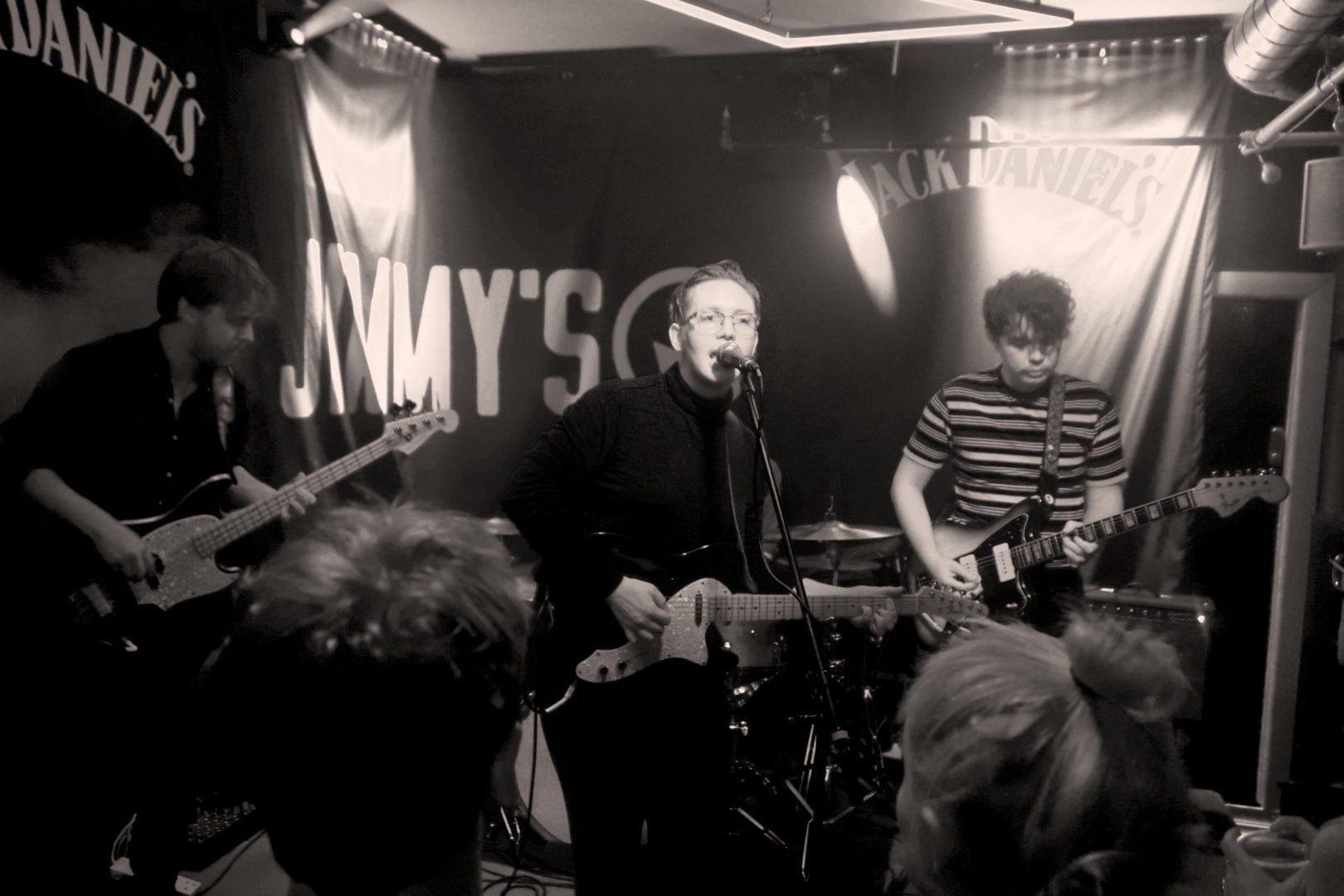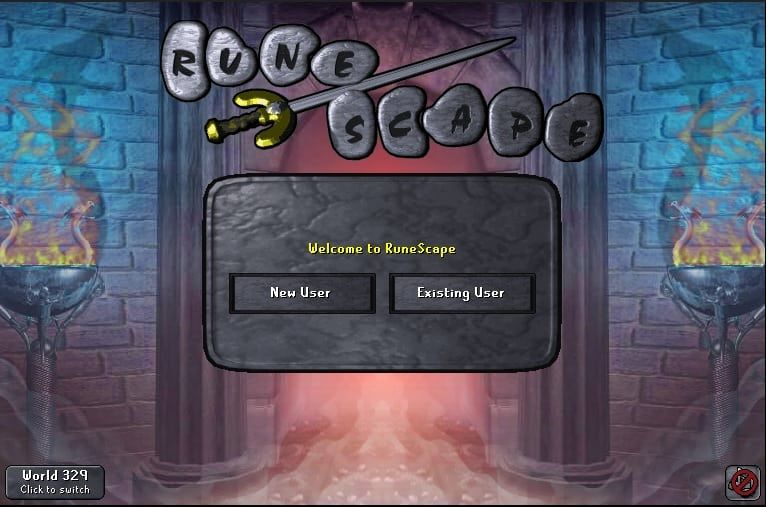20th January 2018 marked a year since Donald J. Trump was inaugurated as President of the United States. Whilst he is deplorable in pretty much every category, Trump’s warmongering is one of his most shocking and dangerous qualities.
According to MSNBC, President Trump once asked his advisors about using nuclear weapons three times in a single foreign policy meeting.
It is difficult to watch a foreign country experience tax relief for the rich and fatal blows to their healthcare system, but it is quite another for the president of such a country to possibly endanger everyone in the entire world. The embodiment of American imperialism and interventionism, Donald Trump may be the death of us all — or our saving grace.
You may be thinking, or hoping, that Donald Trump is simply America’s problem. Even with the former reality television star in charge, the United States remains one of the most powerful countries in the world.
The US Military budget for 2018 is US$ 824.6 billion and the American nuclear arsenal is the second largest in the world. These facts, coupled with the Republicans’ unchecked political power, make the United States a credible threat to any country they so please. With Donald Trump’s tendency towards irrational rage, who knows which country may anger him next?
As Trump himself once said: “Good people don’t go into government.” Judging by his record so far, he’s right. Since becoming President, Trump has maintained a feud with North Korean leader Kim Jong-un, causing an unprecedented rise in tensions between the two countries.
A spokesman for North Korea’s Foreign Ministry said what we were all thinking: Trump is a “nuclear demon” and a “disruptor of global peace.” Describing the supreme leader as “short and fat” shows that Trump is willing to take a gamble with all of our lives.
Amidst their feud with the United States government, North Korea is in the process of testing nuclear weapons. Whilst I am hardly an expert on foreign policy, even I know that it is a terrible idea to personally attack the leader of the only country in the world that currently refuses to adhere to norms in nuclear weapons testing and proliferation.
Trump is capable of causing untold destruction, and it’s not clear if he even knows this.
Despite being the author of a book entitled ‘The Art of the Deal’, Trump has yet to negotiate any peace agreements. Last year, the Chinese government proposed the ‘freeze-for-freeze’ initiative. China advocates that if North Korea was to ‘freeze’ its nuclear weapons program, South Korea and the United States could ‘freeze’ their annual joint military exercises in return.
Trump refused to accept or even discuss the deal, saying that similar agreements “have failed in the past.” One Chinese newspaper said the US has “casually wasted” opportunities given by China to open up a dialogue with North Korea. Rather than explore peaceful solutions to the North Korean problem, Trump would rather take the aggressive route.
Not only has he ignored a potential diplomatic solution, he has now taken to aggravating the situation, calling the North Korean Supreme Leader “rocket man” whenever the opportunity presents itself. In typical Trump fashion, the President is more concerned with high-risk ‘negotiation’ strategies than the safety of his citizens and the wider world.
North Korea is not the only victim of Trump’s alleged business acumen. The Joint Comprehensive Plan of Action (JCPOA) was a 2015 agreement that the US signed with five other countries, banning Iran from developing nuclear weapons in return for lifting sanctions.
The JCPOA worked well until October last year when Trump decertified it, declaring it “one of the worst deals” he’d ever seen. Whilst this did not put an end to the deal entirely, it certainly strained the American relationship with the co-signers.
In a rare joint statement, signatories (Britain, France, and Germany) condemned this decision and said it was not in their “shared national security interest.” Not satisfied with angering potential adversary states, Trump is willing to make enemies of the countries that should be America’s closest allies.
But how does all of this affect us non-Americans? It is the nuclear aspect of Trump’s warmongering that is particularly worrying. Consider the devastating effects of Hiroshima in 1945 — a typical modern weapon is 8 to 80 times larger than Little Boy.
According to Dr. Philip Webber, the Chair of Scientists for Global Responsibility UK, a study of two countries of comparable size to the US and North Korea using up to 100 warheads would be catastrophic for the victims.
Dr. Webber theorised that such an attack would cause “severe frosts, reduced growing seasons, drought and famine lasting up to ten years.” The attacked country would become “pre-industrial.” Even if your country is lucky enough not to be targeted, you are not safe.
According to the Atomic Archive, nitric oxides produced by nuclear weapons could reduce the ozone layer in the Northern Hemisphere by 30-70 per cent. This could potentially cause dangerous burns and other untold ecological changes. Our world as we know it could change all because one man in America picked fights and scorned deals.
Having read this article thus far, I wouldn’t blame you if you are feeling fairly panicked about the Trump presidency. Fear not. Whilst the US President’s actions have far-reaching, potentially devastating consequences, they could also have far-reaching, potentially beneficial ones.
Because he causes so much outrage across political lines, languages, and continents, Donald Trump is actually an asset to the peace movement. He is so controversial and detestable that even the most apolitical among us have been inspired to protest against him.
Donald Trump has essentially become a guide on how not to run a country. In this way, he is useful for increasing awareness of the dangers of political corruption, American exceptionalism, and nuclear weapons. He has forced other world leaders to show their true colours.
Upon his inauguration, the UK Prime Minister was keen to remind Trump of the “special relationship” between their countries, and she became the first foreign leader to visit Trump’s White House. The German Chancellor refused to kowtow to the President, saying: “We Europeans… have to know that we have to fight for our own future.”
Tellingly, whilst Theresa May was caught holding hands with the President, Angela Merkel was shunned when she went to shake his hand. If your country’s leader supports Trump, condemn them for this; if they don’t, show your support.
In the United Kingdom in particular, re-evaluating the “special relationship” is crucial. In light of the conflicts in Iraq and Afghanistan, it is likely that the UK will be dragged into any international conflicts that Trump starts.
Interestingly, it appears that opinions on British involvement on the world stage are changing. In 2017, Young Labour delegates voted in favour of a motion that called Trump a “fascist” and proposed that the UK withdraw from NATO.
The motion stated that “NATO has been the lynchpin and institutional expression of American imperialism.” Through involvement in organisations like the Campaign for Nuclear Disarmament (CND), Britons can show our government how we feel about the “fascist” President.
At the time of writing, a Facebook event for a Trump protest in London currently has 96,000 people interested. Donald Trump is said to have cancelled his proposed February visit because of his fear of backlash. If we continue to protest and support anti-Trump organisations, what else can we pressure him into?
Many of us exist in a bubble. As our lives are not directly threatened by nuclear weapons every day, some of us develop the view that they are necessary, harmless, or even stand to protect us in some way.
Many people who support nuclear weapons believe that they are preparation for a worst-case doomsday scenario. I would argue that, with Donald Trump in charge of the world’s second-largest nuclear arsenal, we are living in this worst-case scenario. Ironically, nuclear disarmament would make us all safer.

























